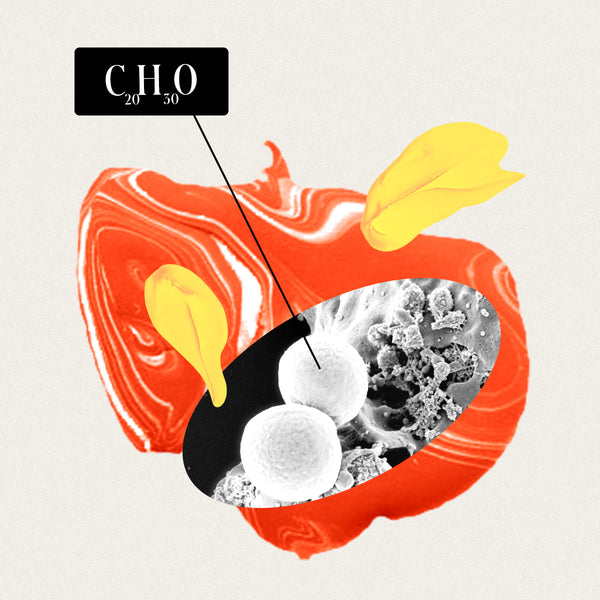What's the deal with Retinol? Why is it known as "The King" of skincare ingredients?
In this article, you'll learn:
- What is retinol?
- What does retinol do?
- How much retinol should you use?
- The best way to use retinol
- The retinol vs. tretinoin comparison
What Does Retinol Do?
For starters, Retinol is one of the most versatile ingredients on the market, sorta like a decathlon athlete. It increases cell turnover and reduces wrinkles, scars, and fine lines. It also battles acne by sapping oil. In fact, retinol is one of the only ingredients that have been clinically proven to achieve these results.
How does the magic work? Topical vitamins and antioxidants like Retinol promote the faster growth rate of healthy skin cells while preventing dead skin cells from clogging pores. When your face is producing healthy, hydrated skin cells, it helps reduce visible signs of aging by reducing irritation and maintaining your skin's elasticity, thus stalling the formation of fine lines and wrinkles.
What are the benefits of retinol?
Retinol helps dissolve the cement between dead cells, making it easier for those cells to be shed. When cells aren’t shed they become a safe-house for acne-forming bacteria; these un-shed dead skin cells also clog pores, and attract dirt and grime that lead to blackheads. So, in short, by helping your skin gradually shed all the bad gunk and replacing it with newer healthier cells, Retinol helps maintain the appearance of blemish-free, hydrated skin.
There’s also evidence that Retinol may promote faster cell division, physically pushing blackheads out.
How much retinol should you use?
If you’ve never used a Retinol product before, we urge you to exercise caution. In the first few weeks of your regimen, swap out the Repairing Night Cream for the Vital Morning Face Cream 4 out of the 7 days a week. We know this means missing out on some of the restorative benefits of the evening face cream, but it’s worth it in the long run. Once accustomed to Retinol, your skin will be able to reap all the benefits of the evening cream.
We use Retinol in our evening-only products. Most personalized regimens come with a dash of effective Retinol in the Repairing Night Cream; a few also get some Retinol in your Nourishing Eye Cream. (This isn’t to indicate that Retinol shouldn’t be used in eye creams, as some skincare myths perpetuate, only that some men simply don’t need it, so we don’t include it). Quick note: Geologie Retinol works overnight, but don’t expect to see results overnight. The positive skin effects are more gradual and of a different nature than those achieved by other topical ingredients.

Pair it with Salicylic Acid
Clinical evidence suggests this same anti-aging mechanism is enhanced when nighttime use of Retinol is paired with daytime use of Salicylic Acid. (Hint hint: there’s Retinol in your Repairing Night Cream and Salicylic Acid in your Everyday Face Wash.)
Salicylic Acid can increase the effectiveness of Retinoids like Retinol and Tretinoin: while Salicylic Acid weakens the stuff that holds dead skin cells together and on the surface of your skin, Retinoids promote the growth of healthy cells from below. The two used together can clear blackheads by chemically loosening and then physically pushing gunk up and off your skin’s surface.
Both actives help clear your skin in their own way, and can be effective when used alone. But you might as well give these miracle molecules the best chance possible by using a regimen in which they feature as a dynamic duo.
Retinol vs. Tretinoin
Retinol is a precursor to Tretinoin, often used to the same effect as Retinol. The use of either can lead to a reduction in the appearance of fine lines and wrinkles and an increase in the growth rate of healthy cells. While the exact mechanisms still need to be detailed by skincare scientists, Tretinoin is often regarded as being more potent than Retinol. But more potent also means a higher potential of irritation. We intentionally aimed for the milder (but still effective!) Retinol to make the ease into anti-aging skincare a bit easier on your skin.
A Caveat
This cellular regeneration process begins quickly and at the outset this can result in some irritation, redness or flaking. This is totally normal so don't be alarmed. Your skin is being exposed to active ingredients for the first time and might need to get adjusted. We're here to help you through this, so don't hesitate to hit up our customer service team. In the meantime, here's more on what you can expect in the first three weeks of your regimen.




























